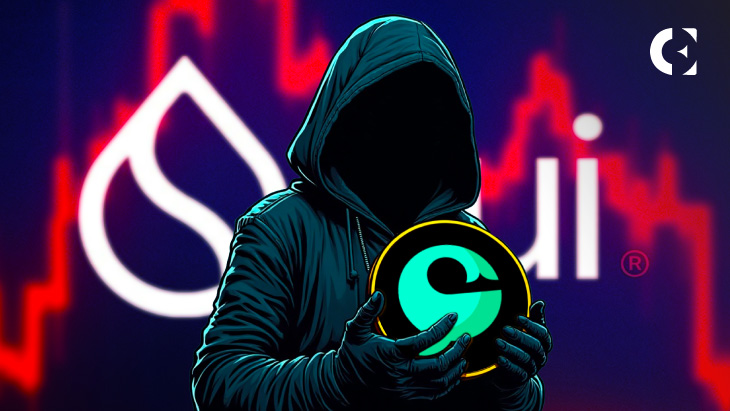- Sui validators froze funds after the Cetus hack sparked decentralization concerns
- The community will vote on whether to upgrade the protocol to return user assets
- Decision could shape the future of governance and trust on the Sui Network
The Sui Network community is considering voting on whether to return funds frozen after the recent Cetus Protocol hack. The decision could significantly influence the platform’s user safety and decentralization approach.
For context, the Cetus Protocol, a decentralized exchange built on the Sui Network, suffered a security breach nearly a week ago. Following the incident, validators on the Sui blockchain froze compromised funds. While this action did shield some assets from further damage, it also raised concerns about centralization and the role of network validators.
Related: Cetus Blockchain Proposes On-Chain Vote and $5M Bounty After $223M Cetus DeFi Hack
Now, the community must vote on whether to proceed with a protocol upgrade to enable the return of those frozen funds. The proposal has sparked intense debate among Sui users, developers, and validators.
Decentralization Ethos vs. User Protection: Sui Community Divided on Fund Return
One key issue raised by the proposal is whether intervening to return user funds undermines the network’s decentralized ethos. Critics argue that such actions could weaken confidence in the immutability of smart contracts and set a precedent for future bailouts.
However, supporters say the move would demonstrate that the network takes user protection seriously. “Helping users recover their funds should be the top priority,” wrote prominent Sui community member 0XPain.Sui on X. “This vote is about letting those affected come together and choose what to do next.”
Fund Return Method Unspecified, But Sui Security Focus Remains Strong
No technical details have been confirmed regarding how the fund return would be executed if the vote passes. The Sui team, led by Mysten Labs, has not yet disclosed the on-chain method that would be used. However, community members say they trust that any protocol changes would be implemented with strict attention to security and network stability.
Despite the risks, some believe this vote reflects a form of decentralized governance in action. “Let’s not forget that decentralization means letting the majority decide, not blindly sticking to code,” 0XPain.Sui added.
Sui Vote: A One-Time Rescue or Risky Precedent for dApp Developers?
Another concern is whether the vote could create a safety net that discourages developers from implementing strong security practices. However, the Sui community voices have stressed that the current proposal should not be seen as a guarantee of future rescue efforts.
Related: Sui/CETUS Hack Aftermath: Top Experts Grapple With Ideals vs. Real PoS System Practicalities
“The community stepped in once doesn’t mean they’ll always do it,” wrote 0XPain.Sui. He emphasized that project teams must remain accountable for their own security infrastructure.
Disclaimer: The information presented in this article is for informational and educational purposes only. The article does not constitute financial advice or advice of any kind. Coin Edition is not responsible for any losses incurred as a result of the utilization of content, products, or services mentioned. Readers are advised to exercise caution before taking any action related to the company.







